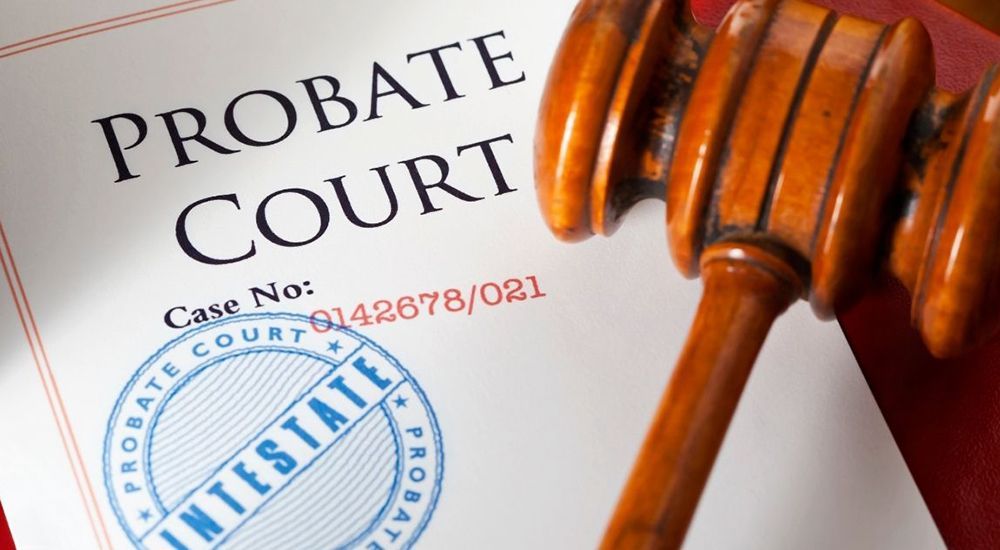Understanding Probate Court in Illinois

In the state of Illinois, as in many other jurisdictions, probate court plays a crucial role in managing the estates of deceased individuals. Probate refers to the legal process through which a deceased person's assets are distributed to heirs and beneficiaries, and debts are settled under court supervision.
Key Functions of Probate Court:
- Validating Wills: One of the primary functions of probate court is to determine the validity of the deceased person's will. If a valid will exists, the court ensures that the terms of the will are followed when distributing assets.
- Appointing Executors/Administrators: The court appoints an executor (if named in the will) or an administrator (if there is no will or no executor named) to oversee the probate process. This person is responsible for gathering the deceased person's assets, paying debts and taxes, and distributing remaining assets to beneficiaries.
- Settling Debts and Taxes: During probate, creditors have the opportunity to make claims against the estate for unpaid debts.
- Distribution of Assets: Once debts, taxes, and administrative expenses are settled, the remaining assets are distributed to the beneficiaries named in the will or, if there is no will, according to Illinois intestacy laws.
- Supervision and Dispute Resolution: Probate court provides a forum for resolving disputes that may arise during the administration of the estate. This could include challenges to the validity of the will, claims by creditors, or disagreements among beneficiaries.
Probate court in Illinois plays a pivotal role in overseeing the distribution of a deceased individual's assets and settling debts under legal supervision, however, estate planning attorneys often advise clients to prepare an estate plan during their life that minimizes or wholly avoids probate for several reasons:
Challenges of Probate:
- Cost and Time: Probate proceedings can be costly, involving court fees, attorney fees, and executor/administrator expenses. Delays in the process can tie up assets that beneficiaries may need promptly.
- Lack of Privacy: Probate proceedings are public record, potentially exposing details of the deceased person's assets, debts, and beneficiaries.
- Potential Disputes: Probate court provides a forum for resolving disputes among heirs, creditors, and other interested parties. These disputes can prolong the process, increase legal costs, and cause emotional strain.
- Loss of Control: Without proper estate planning, assets are distributed according to Illinois intestacy laws, which do not always align with the deceased person's specific wishes.
While probate court serves an essential function in estate administration in Illinois, its potential drawbacks lead estate planning attorneys to advocate for proactive planning strategies which often allow clients to avoid probate altogether. By taking these steps and working with experienced legal counsel, individuals can protect their estates and streamline the process for their loved ones, saving them time and money.
If you would like to schedule a free consultation to learn more, or to discuss how an estate plan can benefit you and your family, please call attorney Heather A. McCollum at (847) 705-7555 or email her at hmccollum@lavellelaw.com.
More News & Resources
Lavelle Law News and Events












